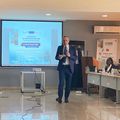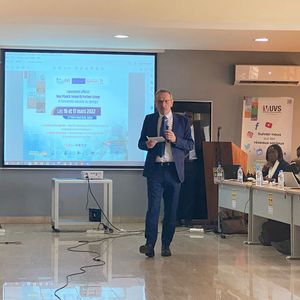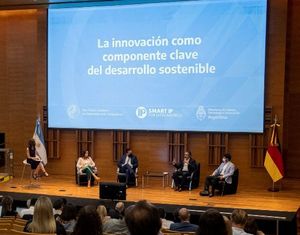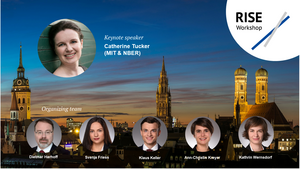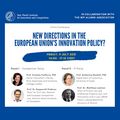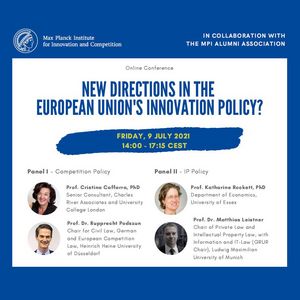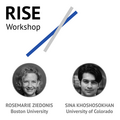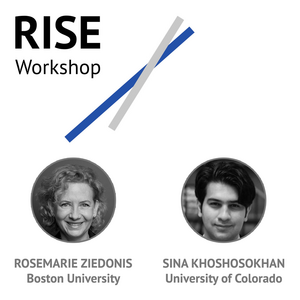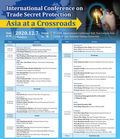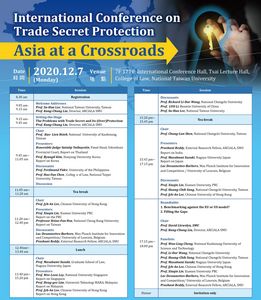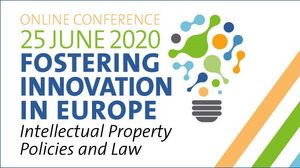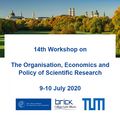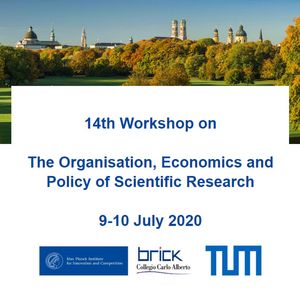In the context of new technological developments and business models in the Internet ecosystem, the debate about the rules of net neutrality has resurfaced. For example, the European Commission is considering fair forms of payment by the big-tech companies, which could come into tension with the current Open Internet Regulation. While it makes sense to review regulation in light of new developments and societal needs, this should be done with consultation with all stakeholders.
Workshop participants have been at the heart of the debate in the last decade. Among them were representatives of public bodies such as BEREC and the German Federal Network Agency (Bundesnetzagentur) as well as representatives of civil society (Internet Society, Epicenter.works), think tanks (WIK) and academic scholars from technical, economic and legal disciplines. In addition, the discussion benefited from the participation of industry representatives, including major content providers (Netflix), Internet industry associations (eco e.V., ETNO) and entrepreneurs of new technologies at both the Internet application and infrastructure layers. With a focus on the EU, the workshop also brought together participants from other jurisdictions undergoing a flux regarding net neutrality policy, like the US and UK.
More or Less Regulation: Return on Investment versus Open Internet
The discussions emphasized that the debate over net neutrality is far from settled and remains polarized, making fact-based arguments more necessary than ever. One of the main questions that remains unanswered is how to achieve sufficient incentives to sustain investment in the Internet infrastructure as well as innovation in the fast-evolving Internet ecosystem. While some see the need to relax regulation to allow greater price differentiation and thus increase the return on investment for stakeholders, others believe that the hard-fought net neutrality rules in the EU's Open Internet Regulation should be kept intact.
Yet another key issue is the presence of big-tech companies in the Internet ecosystem. On the one hand, these companies have begun to develop their own private networks, raising the question of whether there are two Internets, one private and largely unregulated, and one public and subject to regulation. On the other hand, the debate about fair contributions reemerged, whereby large content providers, such as big-tech companies, would pay in relation to their use of the network. This renewed push came in the form of the publication of a study commissioned by ETNO on the socio-economic benefits of a fairer balance between tech giants and telecom operators. The argument is that this would enable the financing of the investments needed to roll out 5G technology. Depending on how a fair contribution is ensured, this might disrupt the established net neutrality system in the EU and finds fierce opposition among many stakeholders.
Conclusion and Outlook
A general conclusion of the workshop is that the independent nature of the Max Planck Institute puts it in a good position to enter the debate from an academic and neutral point of view. Against this backdrop, the workshop provided insights enabling the Institute to further develop a new line of research which represents a fundamental part of the discourse on digital economy.

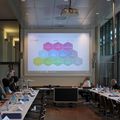
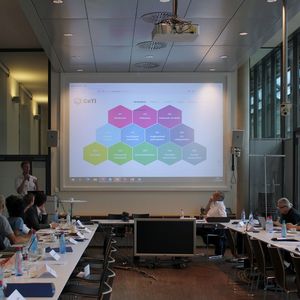
![[Bitte nach "english" übersetzen:] Attendants of the Munich Summer Institute 2022 in the in Grand Hall at the Max Planck Institute for Innovation and Competition, Munich](/fileadmin/_processed_/f/4/csm_MSI_300x300_ad1d177d21.jpg)
![[Bitte nach "english" übersetzen:] Attendants of the Munich Summer Institute 2022 in the in Grand Hall at the Max Planck Institute for Innovation and Competition, Munich](/fileadmin/ipmpg/content/aktuelles/aus_dem_institut/MSI_300x300.jpg)
